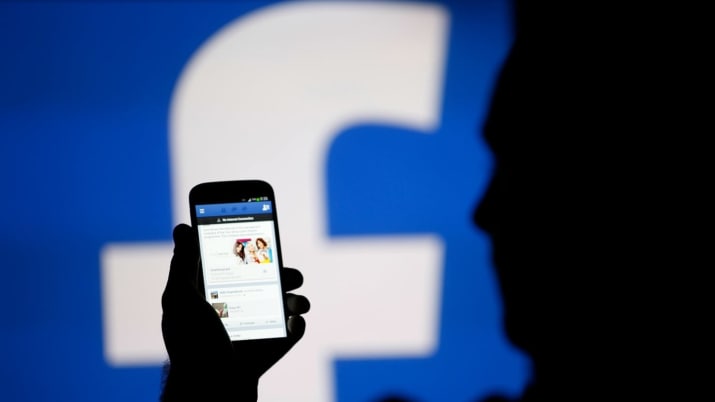 Depending on who you talk to, you might think journalists are the problem. The charge of “fake news” rings out from all sides anytime a news media brand brings up a touchy point. With trust in the media at an all-time low, it’s easy to point to journalists as the source of the problem.
Depending on who you talk to, you might think journalists are the problem. The charge of “fake news” rings out from all sides anytime a news media brand brings up a touchy point. With trust in the media at an all-time low, it’s easy to point to journalists as the source of the problem.
Yet a survey of the men and women actually working in the field paints a different picture.
The 255 journalists who participated in Ogilvy Media Influence’s annual global survey are facing a huge obstacle in their work:
“Social media — you can’t live with it, you can’t live without it,” writes Sara Guaglione in MediaPost, breaking down the survey results into a one-liner.
“In the first part of the survey, reporters and editors — who cover topics such as national news, business, entertainment and politics, across North America, Asia Pacific and Europe, the Middle East and Africa — identified Facebook as the No. 1 gatekeeper for news (39%), edging out legacy traditional media sources (32%) and other social networks and digital platforms like Google (15%) and Twitter (4%),” Guaglione explains.
“But the second part of the survey, released Wednesday, found journalists attribute the rise of fake news to social media (25%), followed by polarized media coverage (14%) and confirmation bias (14%),” she continues.
The influence and spread of fake news, according to the survey, has actually spurred most journalists “to have better standards and recommit to the basics of good journalism.”
Those standards include better fact checking, citing credible sources, and complete transparency on the reporting process. And while social media remains an important source for the news industry, most of the journalists find traditional media – newspapers, newswires and magazines – to be their most trusted news sources.
Meanwhile, CNN recently aired a video about the people who produce fake news stories, driven not by any political motivation, but by cold, hard cash. As one such site owner, who is not an American and refused to be identified, said, “I don’t care if the stories aren’t true.”
“We have fake accounts so I can reach more and more people,” he explained, explaining his strategy during the 2016 presidential campaign. This man says his current goal is to be ready for the next election in 2020 – not to share real news or make any kind of a political difference, but to rake in the ad revenue. Meanwhile, this stuff is obsessively shared by many who believe it is true, in the hopes of supporting their particular position. The implications are frightening.
It’s a brave new world out there, folks, and it’s on each of us to be more careful in what we consume and how we share it. The future, quite literally, hangs in the balance.
